
How to Become a Licensed Esthetician: State-by-State Requirements
Jen CopferShare
Starting a career as a licensed esthetician opens up many opportunities in skincare and aesthetics. However, for those stepping into or currently exploring this field, it is vital to know that every U.S. state sets its own rules, regulations, and requirements for practicing esthetics in that state.
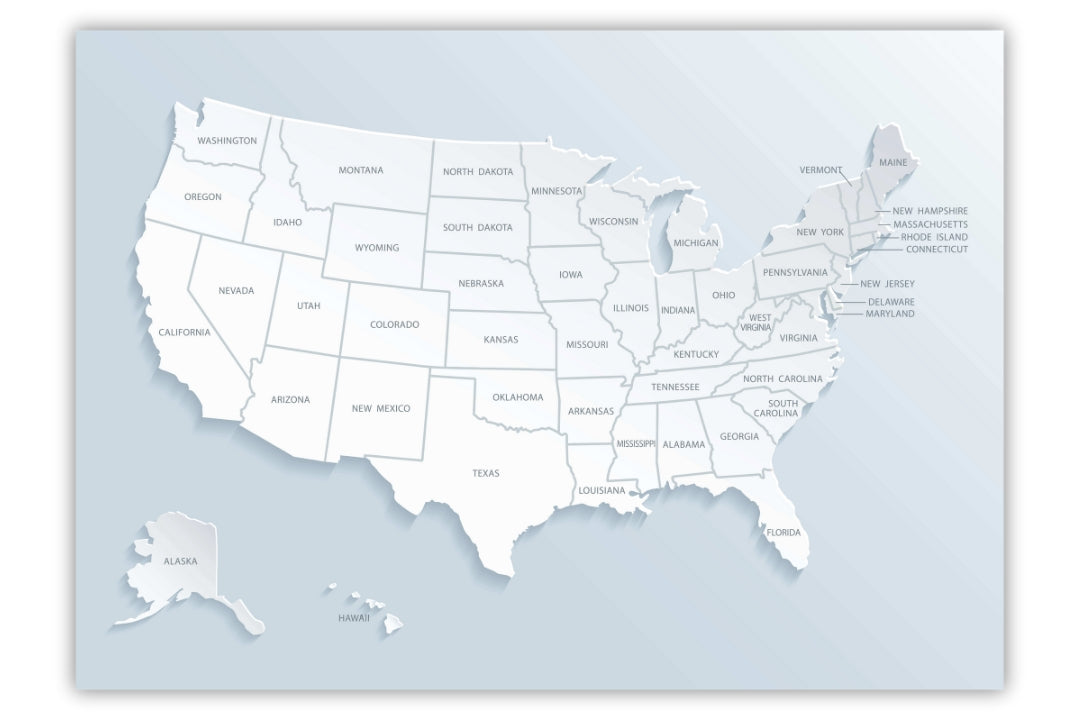
That means there could be 50 completely different laws across the U.S. defining what estheticians can and can’t do (also known as their scope of practice).
That's a lot of variation for one profession!
50 U.S. States
=
50 Different Scopes of Practice
+ 50 Different Licensing Requirements
(Potentially)
This is important to know because you must abide by the state laws that you want to be licensed in. What you can do in one state might not be the same in another.
This also goes for licensing requirements. Each state has its own set of laws and requirements for obtaining a professional license in that state.
If you understand the requirements and laws ahead of time, you’ll have a much easier time mapping out your education. It will also make sure that once you are licensed, you’re ready to offer your expertise to your clients while staying within the legal boundaries of your practice.
I’m going to walk you through a general overview of state-specific requirements to help you feel more prepared and confident on your esthetic journey.
Steps to Get Your
Esthetician License
(What Most States Require)
While the requirements to becoming a licensed esthetician vary by state, two key steps are usually a part of the process:
-
Complete the Required Education Hours.
Finish the minimum number of education or apprenticeship hours required by your state, at a state-approved esthetician program.
Some programs offer full-time, part-time, and even night/evening class options, depending on what works best for your schedule. Some local community colleges also offer state-approved Esthetician programs.
If attending a program full-time, you're looking at a ~4-9 months to completion (depending on the required hours) and about ~7-18 months if attending part-time or attending a community college (again, depending on the required hours).
*See the helpful table below for links to each state's Cosmetology Board to find approved schools as well as each state's required esthetician hours
-
Pass the State Licensing Exam.
After completing your education, you'll need to successfully pass the state board's esthetics examination.
This exam may include a written (theory) exam and, in some states, a practical (hands-on) assessment to make sure you are ready to practice safely and correctly.

State Differences in Esthetician Licensing Requirements

As I mentioned, understanding esthetician licensing requirements can vary greatly from one state to another.
It's important to research and understand the rules for the state where you plan to work.
If you're considering this career path, here are some key things to keep in mind and look for:
-
Licensing Requirements:
You'll usually find this information with the Cosmetology State Board specific to your state. Each state sets its own licensing requirements, which typically include a certain number of training/education hours, passing a written and/or practical exam, and meeting any additional state-specific rules.
*See the helpful table below for links to each state board -
Education Hours:
Every state decides on the minimum number of education hours needed to qualify for a license. These are the amount of hours you are required to attend school for. They usually consist of a certain number of theory hours and a certain number of practical (hands-on) hours.
*See the helpful table below for each state's hours -
Scope of Practice:
An esthetician’s scope of practice is the list of services and treatments they’re legally allowed to perform based on their state’s rules and their license.
This can include things like facials, waxing, chemical peels, microneedling, using certain skincare & facial devices, etc., but the exact list depends on the state. If something isn’t in your scope, it means you’re not legally allowed to offer it.
Each state defines what estheticians can and cannot do & the scope can change at any time depending on new laws & regulations that are passed. Always check with your state board to make sure you're practicing within your legal scope.
-
Master or Advanced Esthetician Programs:
A few states offer a Master Esthetician or Advanced Esthetician program, requiring additional education hours. This license allows you to perform more advanced treatments in that state that may include deeper chemical peels, laser procedures, microneedling, etc.
As of 2025, the states that offer Master Esthetician programs are the District of Columbia, Oregon, Utah, Virginia, and Washington.
-
Additional Certificates:
Some states allow you to offer certain treatments, like lash extensions, dermaplaning, or lasers, if you have the extra training and certificates.
-
Apprenticeship Hours:
Some states allow you to use apprenticeship hours instead of education hours to get your license. However, the apprenticeship hours required are usually more than the school education hours.
-
License Transfer to Another State:
Some states make it easier to transfer a license from one state to another, while others make it more difficult. This is called reciprocity or endorsement, and each state has its own requirements. This is good to know if you think you may have future plans to move to a different state.
-
Approved Schools/Programs:
Make sure your education is through a program approved by your state's esthetician and cosmetology board. *Links to each state's cosmetology board are below.
-
Advanced Treatments Delegated by a Doctor:
Some states allow estheticians to perform treatments outside of their scope when delegated by a medical doctor; other states do not allow delegation.
This information can be found in the relevant state’s medical board and NOT the esthetician's cosmetology board, since the doctor/medical director is taking responsibility for the delegation and you are now working under their license and not your own. -
Use of Medical Devices:
The use of certain medical devices, such as microneedling devices, which are Class II medical devices, varies by state. Some states allow estheticians to use Class II medical devices, and other states prohibit their use.
Did you know? The FDA regulates what is considered a medical device, and your state regulates who can use medical devices.
-
Additional Resources:
Numerous resources give insight and help break down specific state laws and regulations. Here are some to look into:
-
AmSpa (American Med Spa Association): provides numerous resources for the legal & business side of esthetics.
-
Facebook groups: Facebook groups are an amazing resource! Especially ones that are specific to esthetics and ones that are specific to the state you are (or going to be) licensed in. You can ask questions and see other skincare professional's questions and answers. Search for state specific esthetician groups or state specific esthetician advocacy groups.
Here is an example of a California Esthetician Advocacy Group; and a general Rules and Regulations Esthetic Group.
-
AmSpa (American Med Spa Association): provides numerous resources for the legal & business side of esthetics.
The Importance of Continued Education for Estheticians
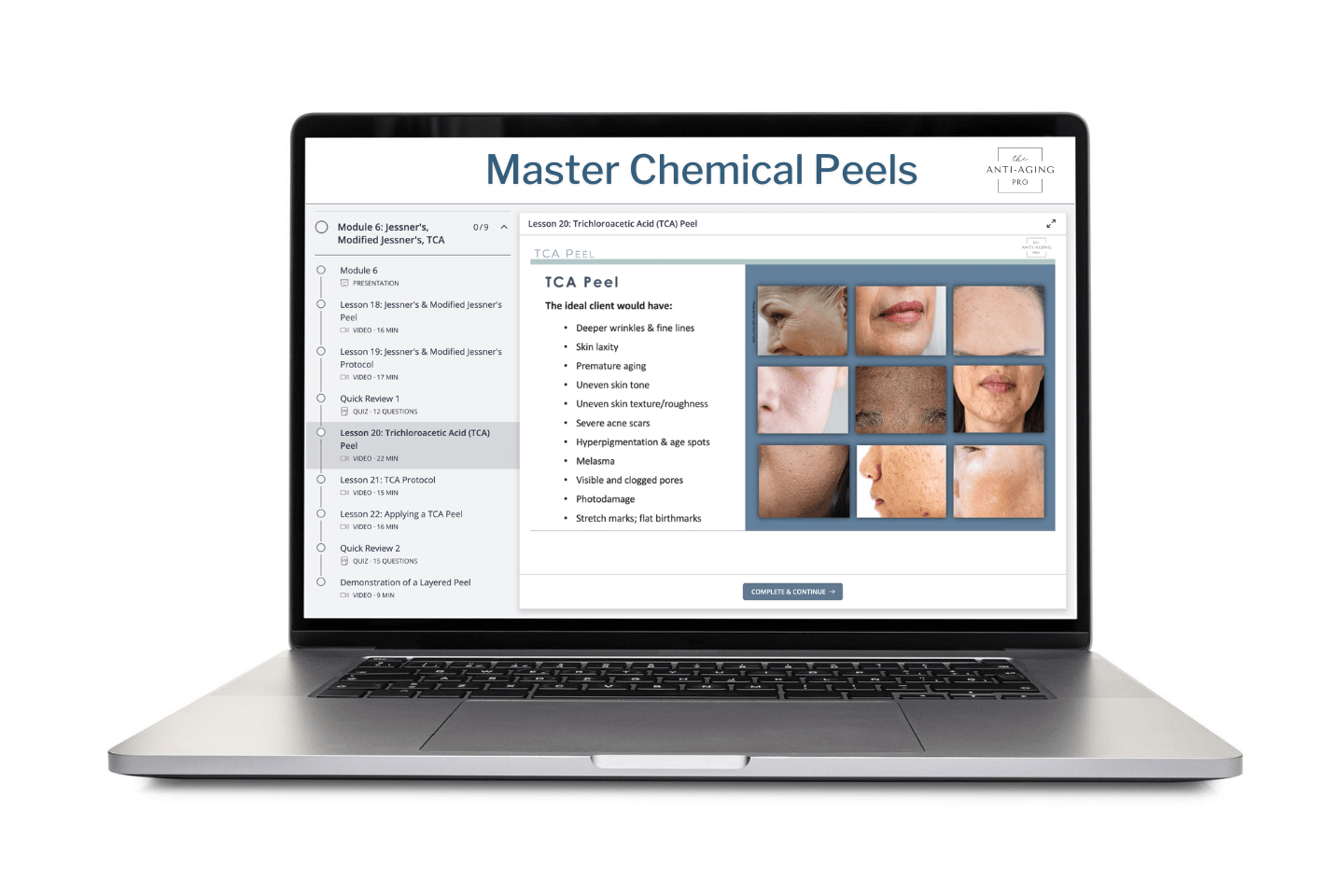
Finishing an esthetician program is just the start of your career. Unfortunately, most programs only cover the basics and you will quickly learn that's not enough if you want to be successful and stand out. It's advanced learning and continued education that truly sets you apart in the beauty industry.
The aesthetic world is continually changing and advancing, with new technologies, techniques, and products regularly being introduced to the market.
Staying relevant and properly skilled in this industry means making ongoing education a priority. This will not only keep you up-to-date but also help you become a true skincare expert. If you're looking to expand your skills with advanced treatments, learning high-demand services like chemical peels and microneedling (if your state allows), can significantly enhance your service menu and client results.
If you make the effort to learn more than just the basics and invest in your education, you improve your skill set, expand your skincare knowledge, and keep your services in demand, which results in happy, returning clients who have real results (which is always the goal).
Keeping up with the latest skincare treatments and technologies also gives you a major competitive advantage in the industry.
You should always remember that there is always something new to learn in aesthetics, and this ongoing learning not only benefits your career but also the care you provide to your clients.
Esthetician Licensing:
State Requirements
& State Boards

Becoming a licensed esthetician starts with meeting specific education hours, which differ from state to state.
Here is a helpful resource that breaks down the required education hours for each U.S. state. You’ll also find a link to each state’s governing board so you can easily reach out or find more information if you are considering an esthetic career in that state.
Licensed Esthetician Governing Boards and Required Hours
| State Board Links |
Education Hours |
Master Esthetician Hours |
|---|---|---|
| Alabama | 1000 | |
| Alaska | 350 | |
| Arizona | 600 | |
| Arkansas | 600 | |
| California | 600 | |
| Colorado | 600 | |
| Connecticut | 600 | |
| Delaware | 600 | |
| D.C. | 600 | +600 |
| Florida | 260 | |
| Georgia | 1000 | |
| Hawaii | 600 | |
| Idaho | 600 | |
| Illinois | 750 | |
| Indiana | 700 | |
| Iowa | 600 | |
| Kansas | 1000 | |
| Kentucky | 1000 | |
| Louisiana | 750 | |
| Maine | 600 | |
| Maryland | 600 | |
| Massachusetts | 300 | |
| Michigan | 400 | |
| Minnesota | 600 | |
| Mississippi | 600 | |
| Missouri | 750 | |
| Montana | 650 | |
| Nebraska | 600 | |
| Nevada | 900 | |
| New Hampshire |
600 | |
| New Jersey | 600 | |
| New York | 600 | |
| North Carolina | 600 | |
| North Dakota | 600 | |
| Ohio | 600 | |
| Oklahoma | 600 | |
| Oregon | 500 | +500 |
| Pennsylvania | 300 | |
| Puerto Rico | 1000 | |
| Rhode Island | 600 | |
| South Carolina | 450 | |
| South Dakota | 600 | |
| Tennessee | 750 | |
| Texas | 750 | |
| US Virgin Islands |
250 | |
| Utah | 600 | +600 |
| Vermont | 600 | |
| Virginia | 600 | +600 |
| Washington | 750 | +450 |
| West Virginia | 600 | |
| Wisconsin | 450 | |
| Wyoming | 600 |
*Current as of 2024
Important Reminder: This information is meant to be a helpful resource. Since rules & regulations can change at any time, always double-check with the relevant state board to make sure you have the latest information.
Seeing such a vast difference in required education hours for each state is a prime example of how much each state differs in laws and regulations for esthetics.
How do you feel about the wide range of differences with each state?
Do you think there should be more standardization on a national level or is it best to have each state responsible for their own regulations?
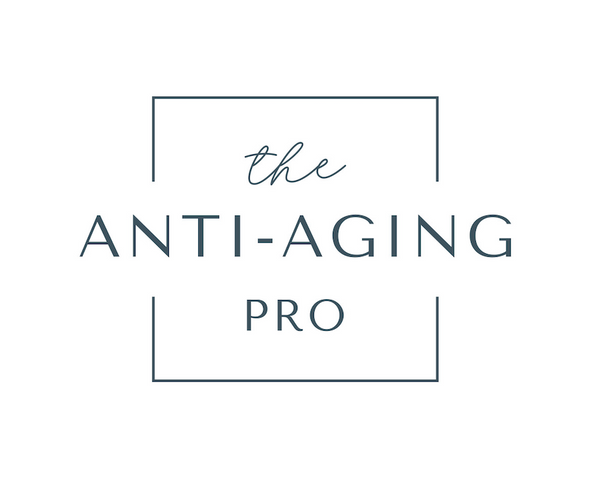




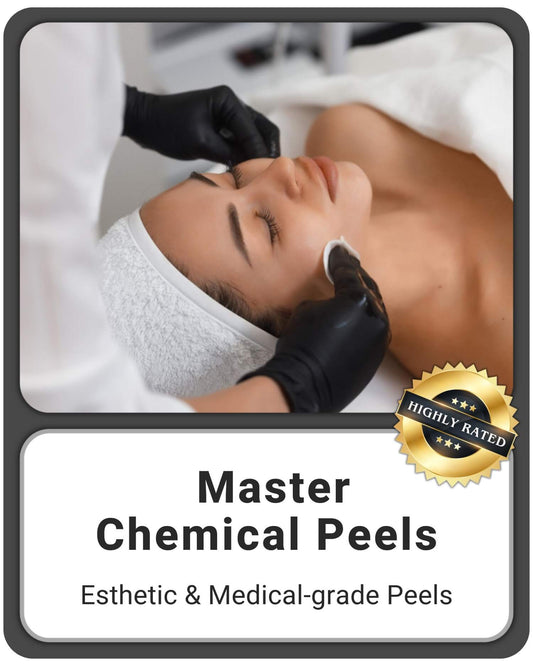
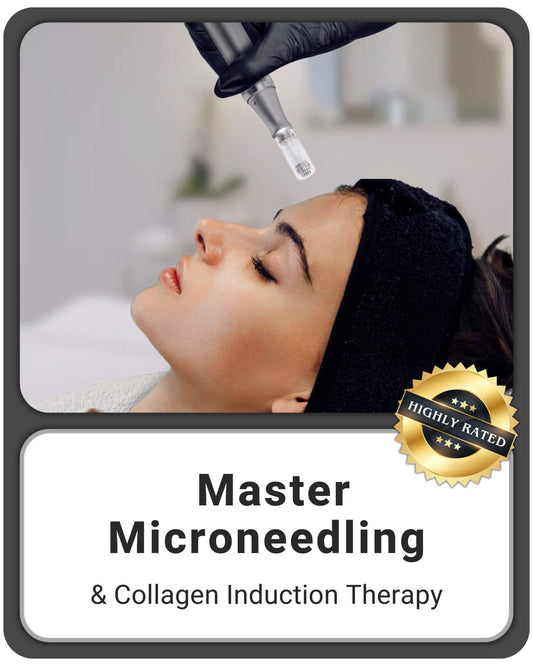
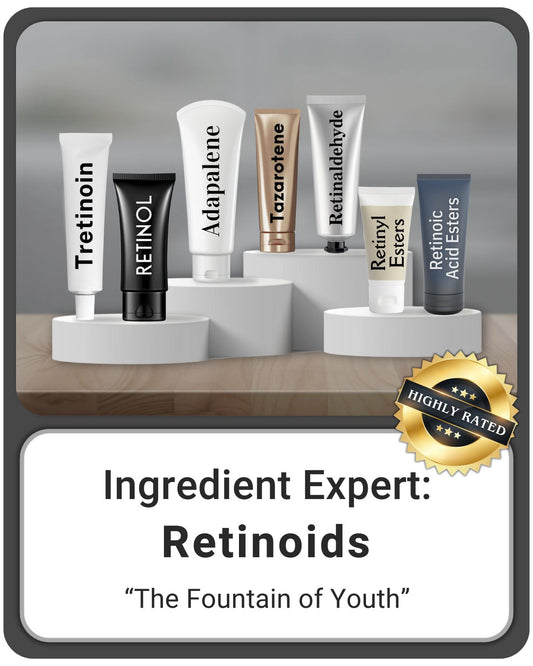

2 comments
You forgot New Mexico
I want to take classes but I need CE hour certificates
I’m a RN with more than 10 yrs experience in plastics and Derm. I’m certified in permanent makeup and have experience in peels and facials. Please contact me when you have CE credits offered for classes completed
Thank you
B Stout RN